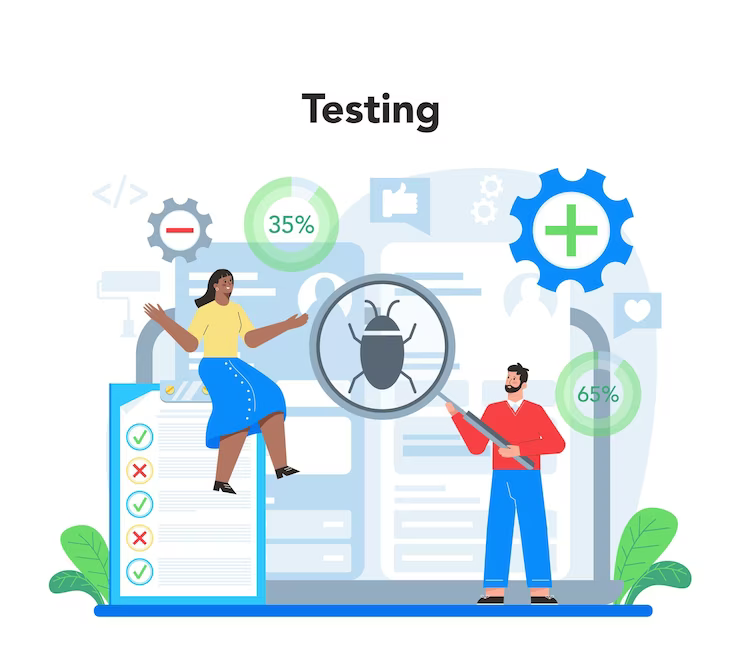More topics of interest

Privacy policy

Automation in DevOps: Key Tools to Accelerate Development


QA Quality

Software test automation is a process in which tools are used to automatically execute tests on software. These tests are used to verify that the software works correctly and meets specifications and requirements.
Software automated tests can save time and effort compared to manual testing, making it an increasingly common practice in the software development industry.
Software tests work by using automation tools to execute tests on the software. These tools can be scripts or programs that run in a controlled environment, using predefined inputs and checking outputs.
To automate software testing, developers create a series of tests using a scripting language or a test automation tool. These tests can be designed to verify different aspects of the software, such as functionality, usability, performance, and security. Once the tests have been created, they are automatically executed using the test automation tool.
Automated tests can be run continuously at different stages of the software lifecycle, during development, integration, and acceptance testing. This helps identify issues and errors in the software as early as possible, which can help reduce the time and cost of fixing errors.
Software test automation can be highly beneficial, but it can also be challenging to implement correctly. Below are some of the best practices for software test automation:

By following these best practices, software test automation can be an effective tool for ensuring quality and efficiency in the software development process.
You might also be interested in: WHAT IS DEVOPS?
Software test automation has several important benefits for software development teams. First, software test automation can save time and effort. Manual testing can be tedious and time-consuming, which can impact the time to market for a product. Test automation performs tests more quickly and efficiently than manual testing, which can allow software development teams to speed up the product release process.
Additionally, software test automation can help ensure the quality of the software, as it can detect errors and issues in the technological solution that may go unnoticed during manual testing. This can help ensure that the software meets specifications and requirements.
Another benefit of software test automation is that it can improve collaboration among team members. By automating tests, team members can easily share test results and work together to resolve issues. Furthermore, software test automation can help reduce human errors in manual testing, which can improve the accuracy and reliability of test results.
Software test automation has several benefits, including reducing time and cost of testing, improving software quality, more accurate and comprehensive error and defect detection, reducing the risk of human errors, and enhancing software reliability.
Various types of tests can be automated, including regression tests, load tests, integration tests, security tests, and acceptance tests.
Yes, some technical knowledge is required to automate software tests. It is important to have programming knowledge and be familiar with test automation tools.
Software test automation is an important technique that can help improve the efficiency, quality, and reliability of software. By automating tests, the time and cost of testing can be reduced, error and defect detection can be improved, the risk of human errors can be reduced, and the overall quality of the software can be enhanced.
While software test automation requires technical knowledge and an initial investment, the long-term benefits can be significant and can improve the success and profitability of a software project. At Nivelics, we have an expert QA team that will make your automated tests truly efficient.
Contact us
Nivelics
Comparte







Contact us at